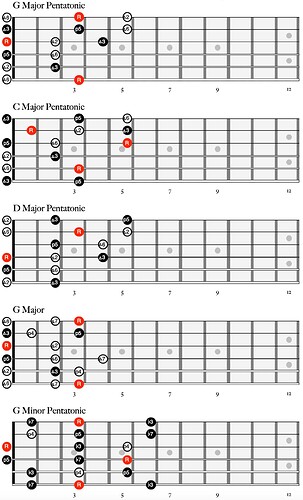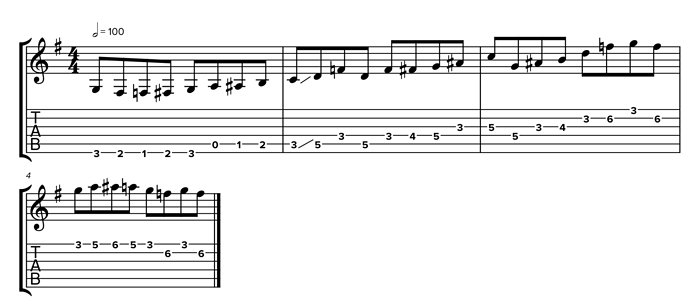Hello everyone,
I was wondering what your take on this is, both as a teacher, but also as a student.
I study music at a conservatory, majoring in guitar, with additional classes in piano, drums, rhythm, solfège, choir, and teaching. As a matter of fact, I’m being trained to become a music teacher myself. Due to time and financial constraints, I cannot seek an external guitar teacher and must rely on my current instructor at the school. He’s a technically skilled guitarist, inspired by Steve Vai and Joe Satriani, which I find impressive.
However, after a year of classes, I feel a lack of connection, vision, and structured learning path. I haven’t enjoyed my guitar lessons with him.
I find vision and structure here on this forum, through feedback from Troy and other users. I also found structure with my previous education, which was singing-related. My teacher, with over 30 years of experience, provided a clear path that significantly improved my singing in two years. I just had to follow the steps, and trust the proces. I’ve had many succes experiences and I really enjoyed it. I wish to have a similar experience with guitar.
During 1-on-1 classes with my current guitar teacher, it feels like we’re doing random things. My teacher, thinking my technique is good, doesn’t critique it. Instead, he suggests techniques like 3 notes per string, 2-handed tapping, and pentatonic patterns that I can shift up and down. He will tell me: “You can use the dorian scale on this part of the song”.
I hate to sound critical, because I myself know how difficult it can be to teach and connect with a student. But it’s a little frustrating. So far he’s passing on knowledge that I already know, or that I could find on the internet for free. I know exactly which scales to use and I understand harmony, but I’m not learning how to actually build lines. I want more guidance in that regard.
As a result, I feel stuck in the same patterns and haven’t improved much. I have addressed this exact issue before, which helped for one class, but soon we reverted to the old routine. I want to address this again and ensure a better collaboration this time.
So, what are some things I can work on as a guitarist that will always help me improve, and how can I make the most of my time with a technically proficient teacher?
My guitar goals are:
- Mastering DBX (working on it with Troy)
- Playing expressive acoustic pieces (like Carl Miner’s work, and I feel that my pop music teacher cannot help me with this, I tried it in class)
- Playing lead guitar clean (both slow and melodic, and fast shredding), while breaking out of my go-to patterns
- Play rhythm guitar clean
Kind regards,
Ruben







